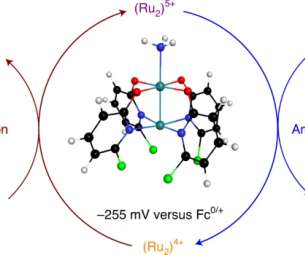U. Wisconsin team reports gross indicated thermal efficiency of RCCI operation near 60%
Green Car Congress
APRIL 29, 2013
In a paper presented at the 2013 SAE World Congress, a team from the University of Wisconsin reported a gross indicated thermal efficiency of Reactivity Controlled Compression Ignition (RCCI) operation of near 60%, given optimized combustion management and thermodynamic conditions. Earlier post.). —Splitter et al.























Let's personalize your content